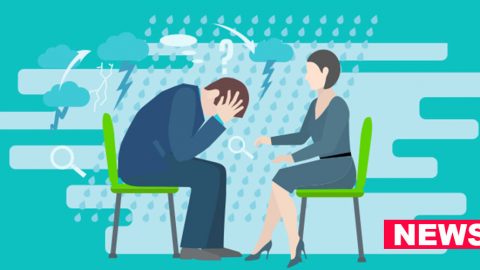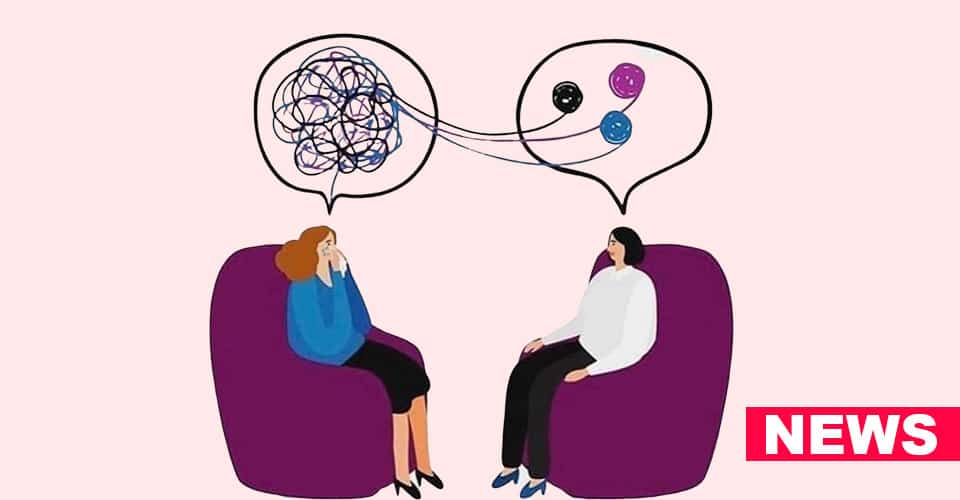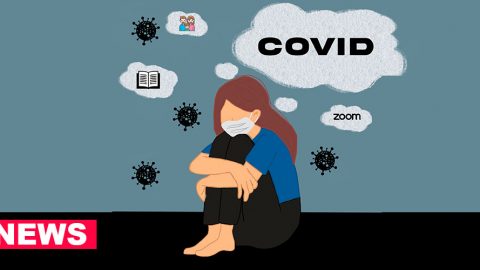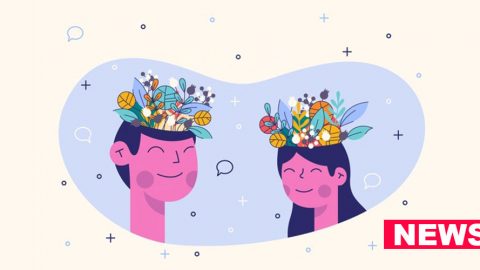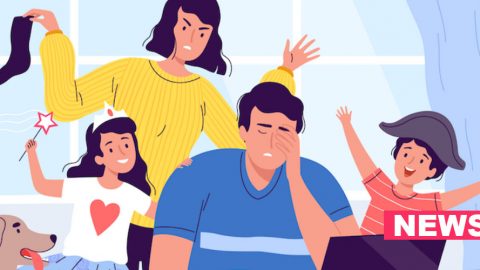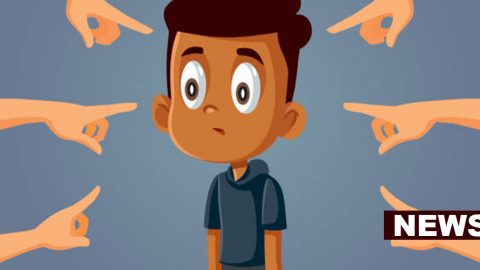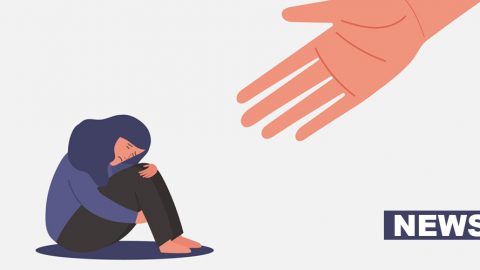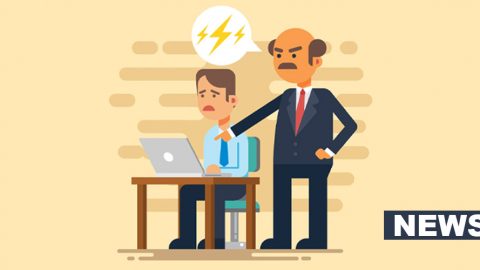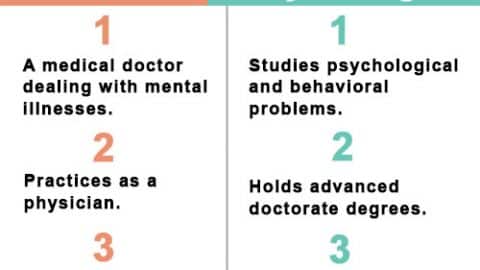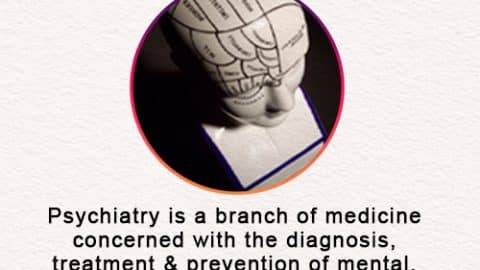In a compelling and urgent message, United Nations Secretary-General António Guterres has emphasized the need to eliminate mental health care barriers. Speaking on World Mental Health Day, Guterres highlighted the pressing global issue of mental health and the stigma that surrounds it.
The UN Secretary-General stressed the importance of recognizing mental health care as a fundamental human right. He called on world leaders, governments, healthcare providers, and society as a whole to take collective action in addressing this critical matter.
Guterres began by acknowledging the substantial challenges faced by individuals worldwide in accessing mental health care. He pointed out that, despite significant advancements in the field of mental health, people across the globe still struggle to obtain the care and support they need.
This situation is compounded by the stigma attached to mental health issues, which often leads to silence and discrimination.
The COVID-19 pandemic has intensified these challenges, leading to increased stress, anxiety, and depression globally. The pandemic exposed the vulnerabilities in mental health care systems and exacerbated the existing inequalities.
Guterres emphasized that the world needs to learn from this crisis and build a stronger, more inclusive mental health support framework.
As the world grapples with the ongoing pandemic, the mental health crisis has become even more apparent. Guterres pointed out that economic hardships, social isolation, and grief from the loss of loved ones have taken a significant toll on individuals’ mental well-being.
Attention To Mental Health Care Barriers
The UN Secretary-General highlighted three critical areas that require immediate attention:
Ending Stigma: Guterres called for an end to the stigma surrounding mental health issues. Stigmatization has long been a barrier to individuals seeking help, making them hesitant to share their struggles with mental health professionals, friends, and family.
By fostering a culture of understanding and empathy, societies can work toward breaking down these barriers.
Expanding Services: Guterres emphasized the need to expand mental health services and support, ensuring that they are accessible and affordable for everyone. Mental health care should be integrated into broader healthcare systems, and coverage should be extended to marginalized communities and vulnerable populations.
Prioritizing Investment: The UN Secretary-General urged governments and organizations to prioritize mental health in their public health agendas and allocate more resources to mental health services. Adequate funding is essential to build a robust mental health infrastructure and provide training for healthcare professionals.
Guterres also pointed out the importance of supporting children and young people as they face unique challenges, including the impact of digital technology, social media, and academic stress on their mental health. He emphasized the need for tailored programs to address these issues, including early intervention and education.
Additionally, the UN Secretary-General underscored the importance of engaging civil society, mental health professionals, and affected individuals in shaping mental health policies and strategies. Their experiences and insights can offer valuable guidance in creating more inclusive and effective mental health services.
World Mental Health Day, marked on October 10th, serves as a reminder of the urgent need to address mental health issues. Guterres called on the international community to step up their efforts and work collaboratively to ensure that mental health care is accessible, stigma-free, and a fundamental human right.
To conclude, the message from UN Secretary-General António Guterres highlights the global importance of prioritizing mental health. As the world grapples with the ongoing COVID-19 pandemic, the need for accessible, stigma-free mental health care has never been more evident. By addressing these challenges, the international community can take significant steps toward improving mental well-being for all.
The call to action from the UN Secretary-General underscores the need for concerted efforts from governments, healthcare providers, and society as a whole to eliminate barriers to mental health care and ensure that mental well-being is treated with the same importance as physical health. Mental health care, in his words, must become a fundamental human right that is accessible to all.






